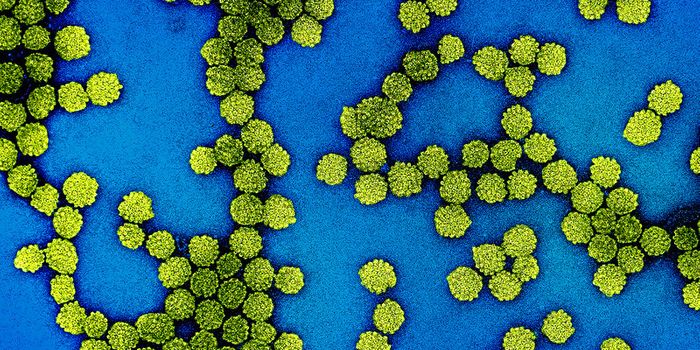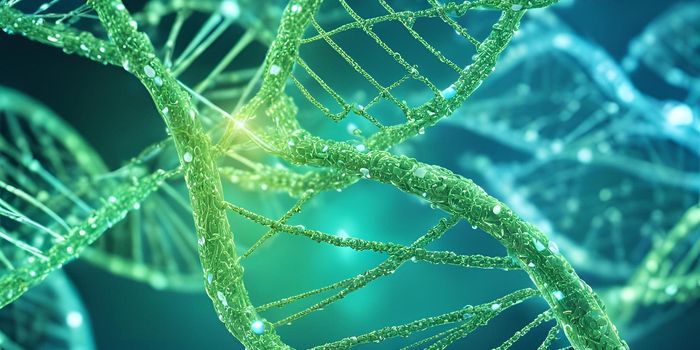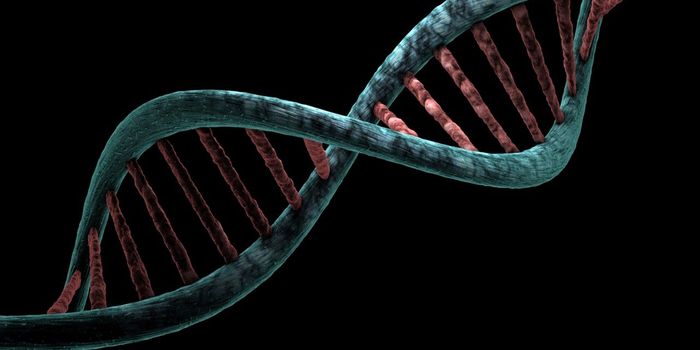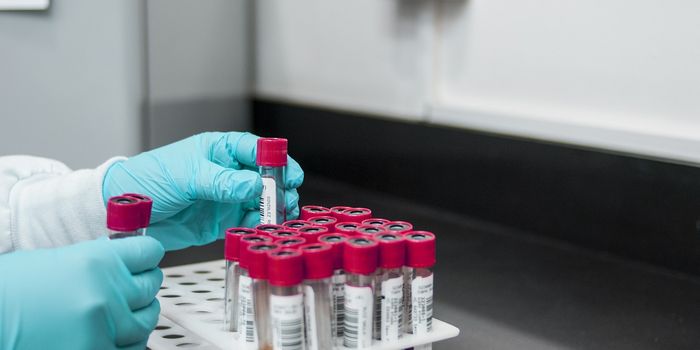Vitamin C & Antibiotics: A Potent Duo Against Cancer?
Over the years, vitamin C has become synonymous with health, vigor, and vitality. Now the compound, in combination with an antibiotic, has been shown to be effective at killing cancer stem cells. The discovery shines a new light on vitamin C and its cancer-killing potential.
Vitamin C has a long record with the medical community. In 1753, the compound was shown to ward off scurvy – a condition that was common among sailors at the time. Since then, vitamin C was purported to be effective against viruses like the common cold and the flu. Moreover, this compound has also been explored as an anticancer agent for several types of cancer, including colon cancer and leukemia.
But targeting cancer stem cells with vitamin C has never been attempted before. Similar to healthy stem cells, cancer stem cells have the capacity to self-renew and differentiate into many other cell types. In the case of cancer stem cells, however, the result could be new tumor formation, metastasis, and drug resistance. "Therefore, new therapeutic strategies are necessary to identify and eradicate CSCs," the authors wrote in their study, published in the journal Oncotarget.
In the current study, the researchers are expanding on one of their previous findings - that vitamin C alone was able to kill cancer stem cells. Now, they’re testing whether this cancer-killing potential can be augmented with the addition of doxycycline, a common antibiotic.
Indeed, the team found that the vitamin C plus antibiotic combination was 100 times more effective at killing cancer stem cells than 2-DG, a drug under clinical trial to treat cancer. This is about 10 times more potent than treating the cancer cells with vitamin C alone.
The researchers hypothesize that the antibiotic stymied the cancer’s ability to switch fuels for energy. That is, without “metabolic flexibility,” as induced by the doxycycline, the cancer cells had to rely solely on glucose for survival. Then, they hypothesize that vitamin C acted as a “second punch,” and removed the source of glucose, which starved the cancer cells.
"In this scenario, vitamin C behaves as an inhibitor of glycolysis, which fuels energy production in mitochondria, the 'powerhouse' of the cell," said Dr. Federica Sotgia, a study co-author.
"This is further evidence that vitamin C and other non-toxic compounds may have a role to play in the fight against cancer," said Dr. Lisanti. "Our results indicate it is a promising agent for clinical trials, and as an add-on to more conventional therapies, to prevent tumor recurrence, further disease progression, and metastasis."
Additional source: MNT









